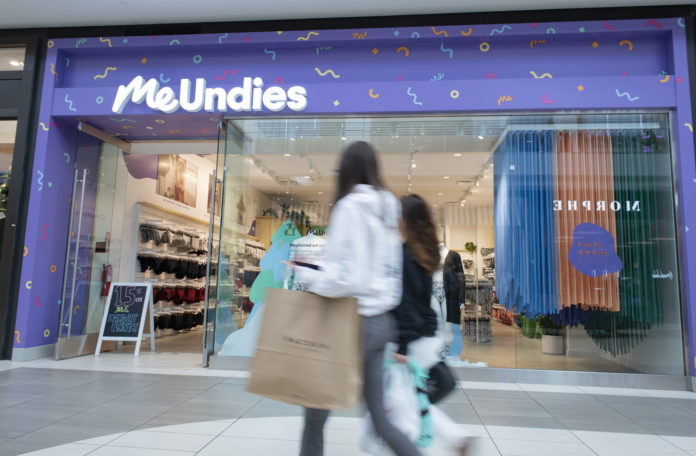The vibrant streets of Los Angeles have long been a symbol of opportunity and diversity, attracting entrepreneurs, customers and law enforcement alike. However, a dark shadow looms over the city as rampant, shameless shoplifting plagues local businesses, leaving a trail of demoralization in its wake.
This issue affects business owners struggling to make ends meet and customers who bear the burden of increased prices and reduced services.
Meanwhile, police officers find themselves caught in the crossfire, dealing with the escalating challenges posed by organized retail crime. We can shed light on the far-reaching consequences of this pervasive issue in our City of Angels by examining specific academic examples.
Brash shoplifting is not merely an inconvenience for business owners; it’s a drain on their resources, both financial and emotional. A study by the National Retail Federation reported that retailers in the United States lost over $60 billion to theft in 2019, with shoplifting accounting for 35% of that total. In Los Angeles, the impact is even more pronounced, as businesses face not only individual theft incidents but also the rise of organized retail crime groups.
Research by Richard C. Hollinger, a criminology professor at the University of Florida, highlights the correlation between shoplifting and small-business closures. According to his findings, businesses in areas with higher rates of shoplifting are more likely to shut down, unable to absorb the financial blows of theft and the subsequent need to invest in security measures.
Moreover, the psychological toll on business owners cannot be overstated. A study published in the Journal of Business and Psychology found that the fear of crime significantly affects business owners’ well-being and job satisfaction.
Constantly worrying about theft undermines their passion for entrepreneurship and erodes the sense of community that thriving local businesses often foster.
While business owners grapple with the economic ramifications of shoplifting, customers are not spared from the fallout. Rising theft-related losses lead businesses to compensate through increased prices on goods and services.
A report by the Center for Problem-Oriented Policing notes that “crime harm” extends beyond immediate victims, affecting the broader community by diminishing the quality of goods, services, and the overall shopping experience.
Academic research supports the notion that increased prices resulting from theft contribute to customer dissatisfaction. A study by Joshua Bamfield, director of the Centre for Retail Research, emphasizes that customers often bear the brunt of theft-related losses through inflated prices and decreased product availability.
This cycle not only discourages customers from frequenting affected businesses but also perpetuates a sense of injustice among law-abiding citizens who must pay more because of the actions of a few.
Law enforcement agencies are grappling with the complex challenge of combating organized retail crime while dealing with other pressing issues. The Los Angeles Police Department has reported a surge in organized theft rings, with criminals exploiting legal loopholes and targeting high-value items for resale.
Officers are caught in a perpetual game of cat and mouse, facing demoralization as they witness a continuous cycle of arrests followed by swift releases due to lax prosecution.
Academic insights from the Police Executive Research Forum underscore the strain on police resources caused by organized retail crime. Officers are forced to dedicate substantial time and effort to investigating and apprehending shoplifters, diverting attention from other critical tasks such as community policing and addressing violent crimes.
This diversion of resources can lead to a decreased sense of efficacy among law enforcement officers, who may feel overwhelmed by the sheer volume and complexity of shoplifting cases.
The rampant shoplifting epidemic in Los Angeles is not just a concern for business owners trying to make ends meet. It reverberates through the entire community, impacting customers who face higher prices and diminished services and police officers struggling to maintain order amidst the rising tide of organized retail crime.
Academic studies underscore the profound economic and psychological toll on businesses, the burden on customers, and the strain on law enforcement resources.
To address this issue, a collaborative effort is required – one that involves policymakers, law enforcement agencies, and the community at large working together to find comprehensive solutions that safeguard the economic vitality and social fabric of Los Angeles. But most importantly, it involves a radical shift in mindset – stealing is a crime!
Michael Levine is a veteran Los Angeles public relations executive who has represented 58 Academy Award winners and 34 Grammy Award winners. He has written 19 books, including “Broken Windows, Broken Business.”

